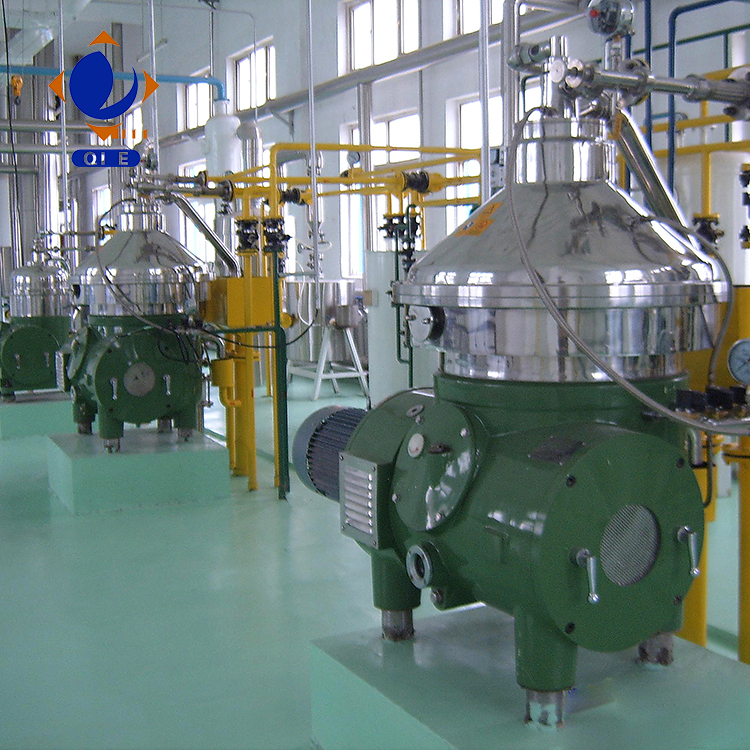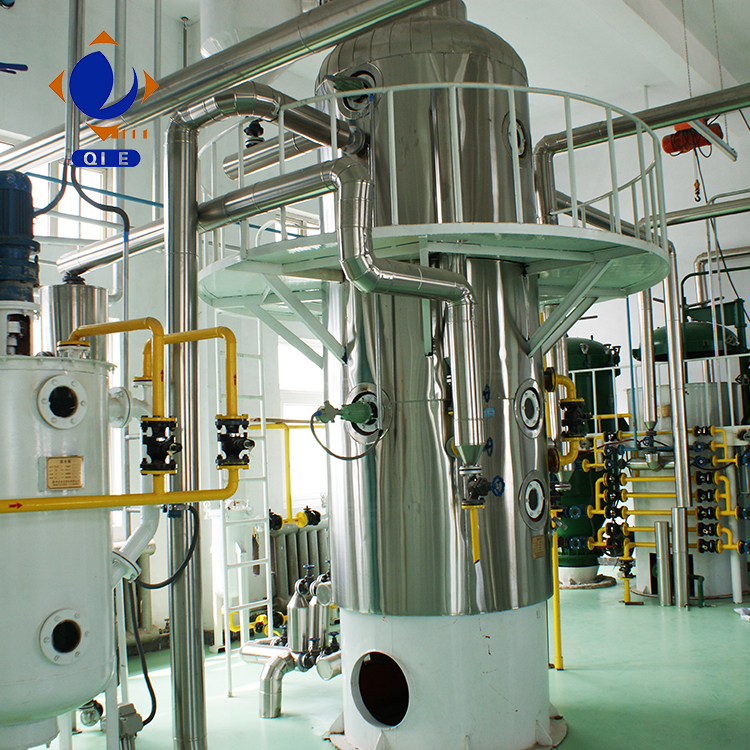
The palm oil refining process is a complex and multi - stage operation that significantly impacts the quality of the final product. It generally consists of five main steps: pressing, filtering, neutralizing, decolorizing, and deodorizing. Each stage has its core parameters that are crucial for the quality of the refined palm oil.
During the pressing stage, the extraction rate and the quality of the crude oil are affected by factors such as the moisture content of the palm fruits and the pressing pressure. For example, a moisture content of around 20 - 25% in palm fruits can lead to an optimal extraction rate of approximately 20 - 25% of crude palm oil. In the filtering stage, the pore size of the filter media determines the removal efficiency of solid impurities. A filter with a pore size of 1 - 5 microns can effectively remove most of the large - sized impurities.

The neutralization stage is mainly to remove free fatty acids. The amount of alkali used and the reaction temperature are key factors. Usually, a temperature of 60 - 70°C and an appropriate amount of alkali can reduce the free fatty acid content to less than 0.1%. Decolorization is achieved by using adsorbents such as activated clay. The dosage of the adsorbent and the contact time can affect the color of the oil. Finally, in the deodorization stage, high - temperature steam is used to remove volatile odor substances. A temperature of 230 - 260°C and a vacuum degree of 2 - 5 mmHg can effectively improve the flavor of the oil.
Small and medium - sized enterprises often encounter several typical problems in the palm oil refining process. One of the most common issues is temperature fluctuation. In the neutralization and deodorization stages, unstable temperatures can lead to incomplete reactions and affect the quality of the refined oil. For example, if the temperature in the deodorization stage fluctuates by more than 10°C, the removal efficiency of odor substances may decrease by 10 - 15%.
Another problem is impurity residue. Inadequate filtering or improper operation in other stages can result in the presence of impurities in the refined oil, which not only affects the appearance but also shortens the shelf - life of the oil. High energy consumption is also a major concern for small and medium - sized enterprises. Inefficient equipment and improper process control can lead to energy waste, increasing production costs.
Let's take a look at some real - world case studies. A small - scale palm oil refining enterprise with a daily production capacity of 10 - 20 tons was facing problems such as high energy consumption and unstable product quality. By consulting with Penguin Group, they were able to configure a small refining line according to their production capacity requirements.
Quote from an on - site engineer: "Based on the enterprise's actual situation, we recommended a set of equipment with advanced technology and reasonable layout. The new line reduced energy consumption by about 20% and improved the product qualification rate to over 95%."

To enhance the long - term stability and safety of the equipment, some practical operation and maintenance tips are necessary. Regularly check the equipment's seals to prevent oil leakage. Clean the filter media and replace them in time to ensure the filtering efficiency. For the heating equipment, check the heating elements regularly to avoid over - heating or uneven heating.
An automated PLC control system can play a vital role in improving efficiency and reducing human errors. It can precisely control the temperature, pressure, and flow rate in each stage of the refining process. For example, it can adjust the steam flow in the deodorization stage according to the real - time temperature, ensuring stable product quality.
| Question | Answer |
|---|---|
| What should I do if the oil color is still too dark after decolorization? | You can increase the dosage of the adsorbent or extend the contact time. Also, check the quality of the adsorbent to ensure its activity. |
| How can I reduce energy consumption in the refining process? | Opt for energy - efficient equipment, improve the insulation of the heating equipment, and use an automated control system to optimize the process parameters. |

If you are looking for an efficient and stable palm oil refining solution, welcome to learn about Penguin Group's small refining production line specially designed for small and medium - sized enterprises. Click here to explore more!











